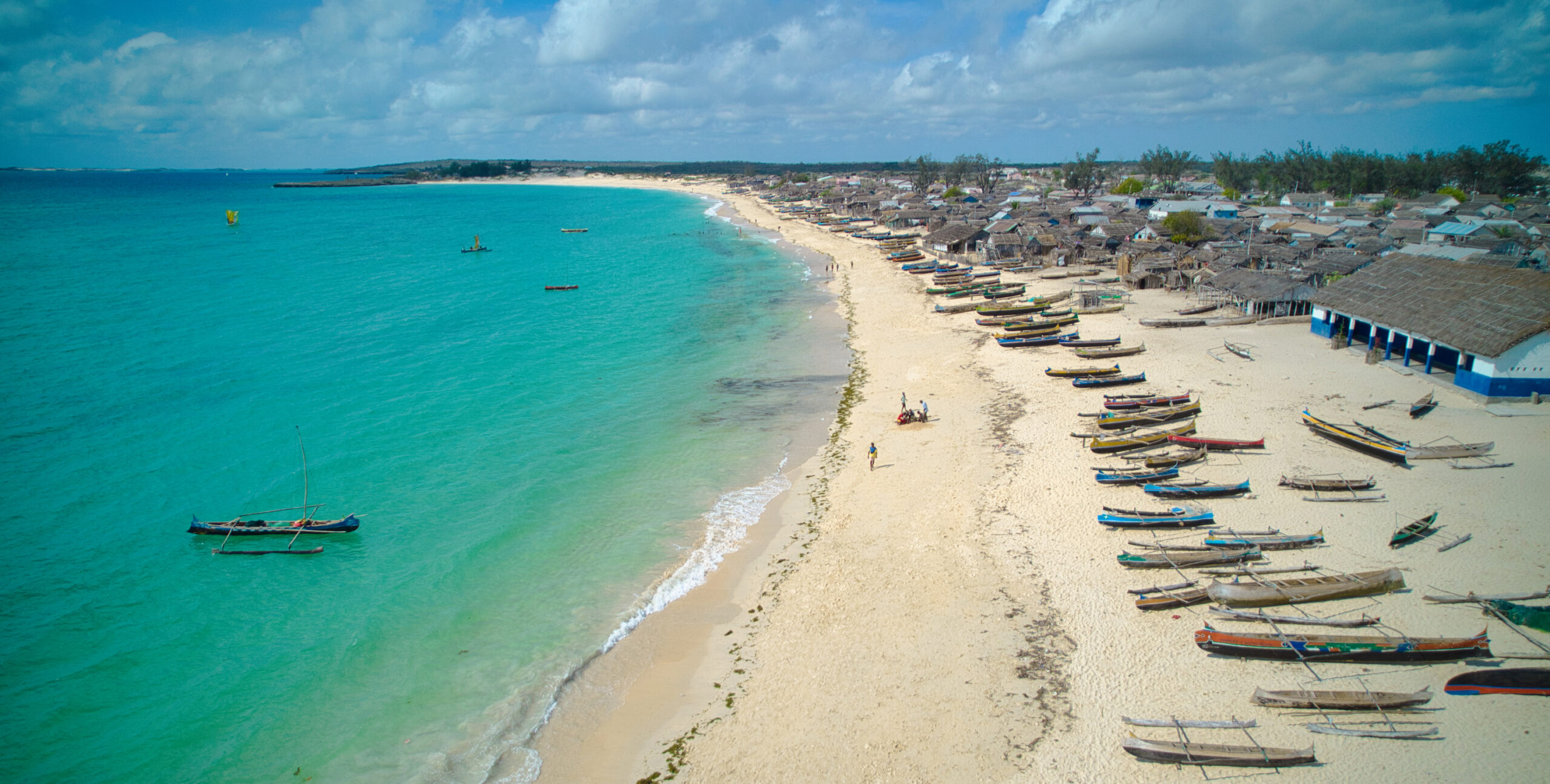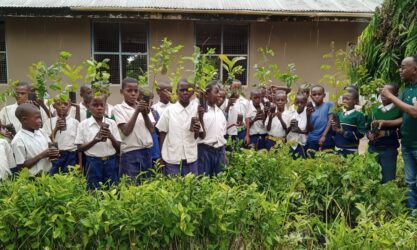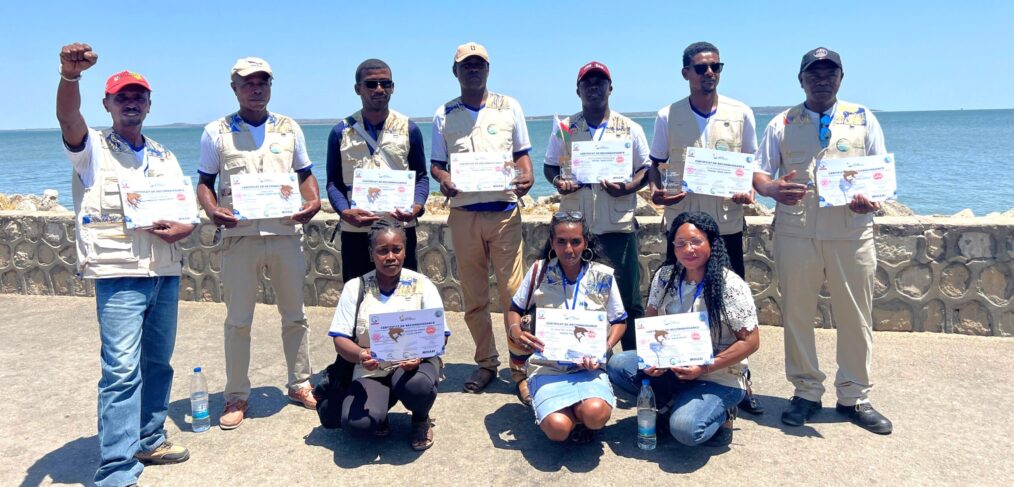
Recognising Madagascar’s Ocean Defenders
Nature conservation is driven by passionate individuals who see the dangers of unsustainable and destructive human activities more clearly than others. When these people are recognised and empowered, their efforts can change local practices and perceptions that create a sustainable future for all.
Natiora Defenders, a non-governmental organisation (NGO) founded in early 2024, champions and showcases the work of conservation leaders and heroes in Madagascar. In May 2024, the first cohort of Ocean Defenders was announced. This cohort, comprising seven men and three women, was named Akio Foty – Great White Shark – for their relentless, fearless defence of the ocean.
The Akio Foty were selected by a panel of environmental experts, including Natiora Defenders, MIHARI Network – a network of Locally Managed Marine Areas (LMMAs), Beolobe NGO (a platform for community-led conservation in Madagascar), and other members of civil society. These three partner organisations jointly support the Ocean Defenders through training, advocacy and technical assistance.
All of the Ocean Defenders come from communities where fishing is a critical part of local livelihoods and food security. Most of them are fishers or come from fishing families, which gives them a deep knowledge of fishing practices and problems in their respective areas. The Akio Foty were chosen because they have taken a bold stand against over-fishing, illegal fishing gear, mangrove deforestation and other activities that harm the marine ecosystem. They realise that these activities will ultimately result in declining fish stocks that will impoverish their communities.
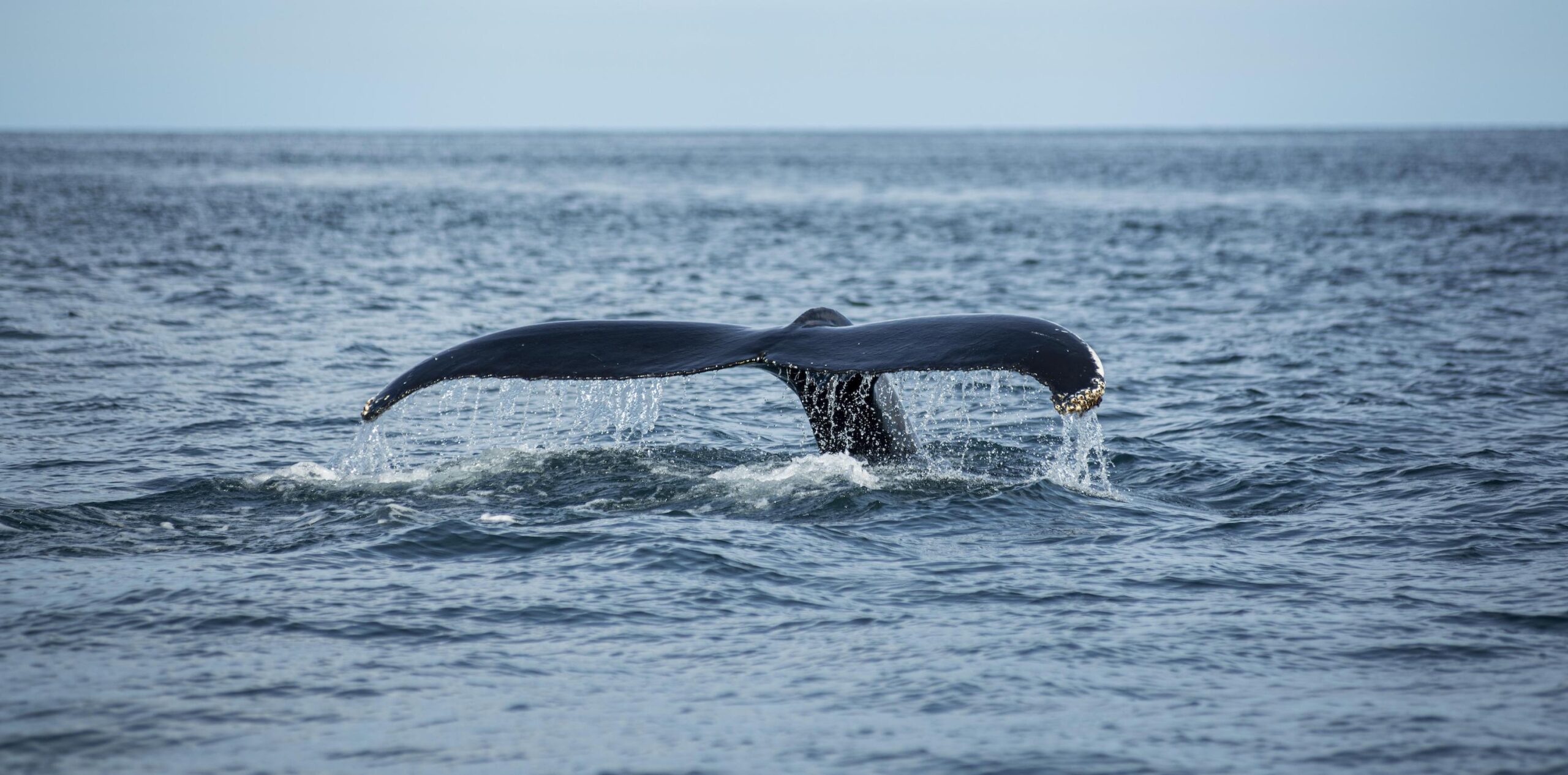
Introducing the Akio Foty – 2024 Ocean Defenders
The members of Akio Foty hail from all parts of Madagascar and focus on multiple aspects of marine conservation. Two of them, Roger Samba and Mosesy Jean have been instrumental in establishing LMMAs in their local communities, which set and maintain rules regarding fishing in local waters. In a similar effort, Soafiavy Daniel helped his village and others nearby to establish permanent no-fishing reserves (known locally as Tsimaharitra) in areas that are key breeding grounds for certain marine species. Establishing LMMAs and Tsimaharitra reserves takes time and effort, as the whole community must become aware of the need for marine conservation and then agree to the rules and related sanctions for breaking them.
Two women in the Akio Foty cohort – Marie Clarisse Rahanitra Nirina and Nirinasoa Patricia
Randrianantenaina – are particularly concerned with the mangroves found near their villages. Mangroves are forests of semi-submerged trees that grow along the edge of the coastline. They prevent coastline erosion, reduce the impact of hurricanes and storms, and provide habitat for many plant and animal species. These brave women confront people who want to cut down the mangroves and educate their communities about the importance of these coastal forests. Patricia Rasoa Tsiady is the third female Ocean Defender, who uses her influence in the community to clean up the coast around her village and oppose illegal fishing practices.

Illegal fishing practices and gear are a key threat that all of the Akio Foty work to prevent. Alexandre, Pierson Voatahy and Gamal Ahmed Mouktar are all active fishermen that seek to influence their colleagues to adhere to fishing regulations and fish sustainably. These enlightened fishermen know that unsustainable practices will ultimately result in the loss of livelihoods for all fishers now and in future. They actively patrol the fishing grounds in their local waters to identify those using illegal fishing gear and report them to the authorities.
Lahiniriko Yalaude Jean René is a fisherman with a particular love of whales and dolphins, which grew after he saved a whale from an illegal net in 2002. Since then, he established an association to protect whales and dolphins from illegal fishing, while boosting tourism associated with these iconic marine species.
The Akio Foty face many threats and challenges
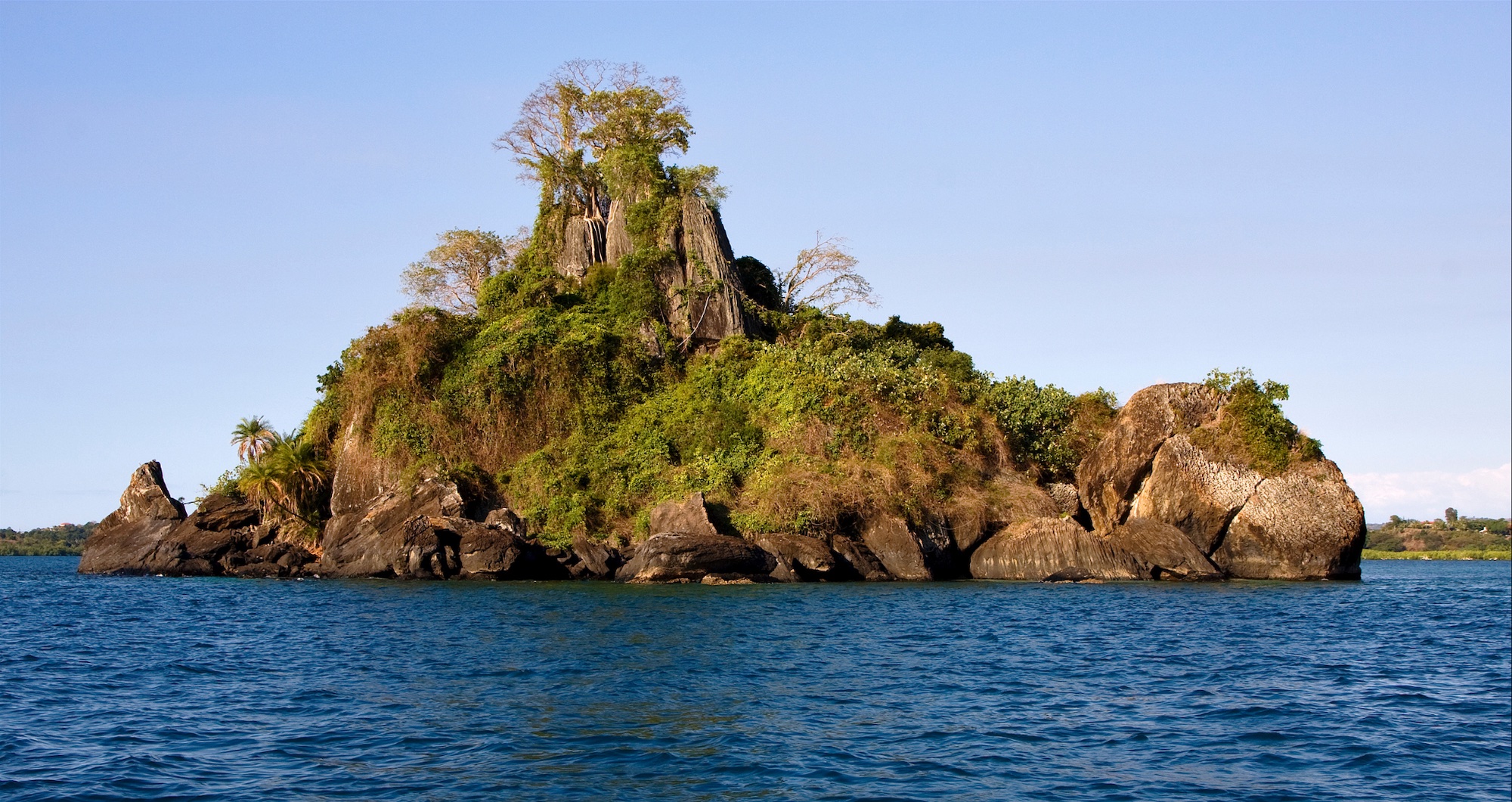
Being an Ocean Defender is not easy. Some people may not understand why it is necessary to change their fishing practices, while those wanting to exploit these resources illegally may become dangerous when confronted. Nearly all of the Akio Foty have experienced threats to their lives and their families, while some have endured arson attacks on their homes. They receive limited support and recognition from the local authorities, making them particularly vulnerable to these crimes.
While the commitment of these men and women is unwavering and beyond doubt, their effectiveness is hampered by a lack of basic equipment and resources. Motor boats, cameras, binoculars and computers for writing reports and communicating their work to the outside world are high on their wish lists.
The poor roads and long distances between villages with Ocean Defenders creates a sense of isolation, which is compounded by a lack of external support from the government authorities, NGOs and international donors. Many of the Akio Foty felt like they were fighting to defend the ocean alone, even though ocean conservation benefits the whole world.
Standing with the Defenders
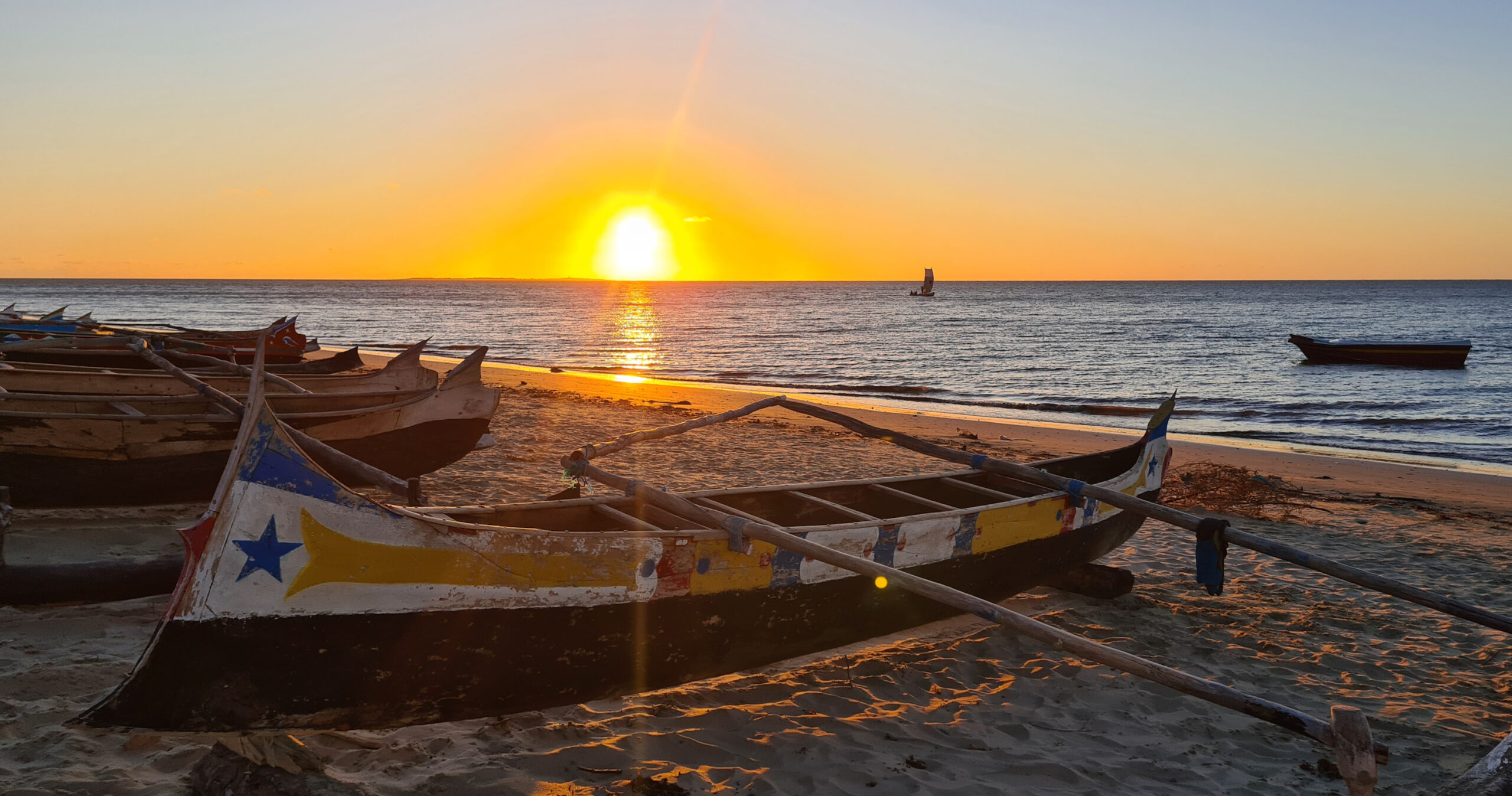
Natiora Defenders and their partners are looking to change all of that, starting with formally recognising the Akio Foty. Using their website and social media pages (Facebook and LinkedIN), Natiora Defenders tells the story of each Ocean Defender to an international audience.
On the ground, they have brought the Akio Foty together for National Ocean Defenders Forums held in different parts of the country. The fifth National Forum of the MIHARI Network, which connects all LMMAs in Madagascar, was held this year in Majunga, Madagascar on 23 September 2024. The first cohort of Ocean Defenders had the opportunity to participate in the forum, during which they could express their needs and challenges to government and NGO stakeholders.
Following the advocacy training and the introduction to fishing laws and regulations shared with the Ocean Defenders, many members of this cohort are now using their legal knowledge and insights into how these laws are implemented (or not) in their local areas to recommend changes in legislation, policies, and enforcement to governing authorities.
While the threats to the marine ecosystem will continue to pose challenges for the Akio Foty, after this year of sustained support, they will know that they are not alone. This will no doubt give them renewed energy and motivation to continue their important work, even in the face of opposition from those engaging in illegal activities. Going forward, they will use their official recognition as Akio Foty, new connections to government and donors, and recent training to better protect the ocean surrounding their island nation.
To find out more about the Ocean Defenders and how you can help, visit https://natioradefenders.org/en/ocean-defenders/
By Natiora Defenders
